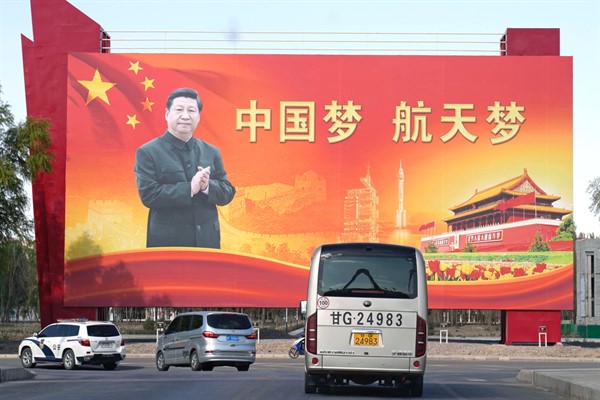The sixth plenary session of the Chinese Communist Party’s 19th Central Committee began Monday, with nearly 400 members of the country’s top governing body—including party secretaries, governors, heads of state-owned entities and generals of the People’s Liberation Army—meeting behind closed doors for the start of the four-day gathering.
Each central committee holds seven such plenary sessions during its five-year term, and the sixth one traditionally focuses on ideology and party-building. This year’s gathering, however, holds special significance, as delegates are expected to pass a key “historical resolution” on the party’s achievements for only the third time since its founding in 1921. The resolution is expected to pave the way for Chinese President Xi Jinping’s unprecedented bid for a third term at next year’s National Congress.
The two previous “historical resolutions” were both passed at pivotal moments in China’s political development. The first was issued by Mao Zedong in 1945 to sideline his opponents and consolidate his control of the party. The second was adopted by Deng Xiaoping in 1981 to condemn the Cultural Revolution as a mistake and introduce the historic economic reforms that liberalized the country’s economy.

